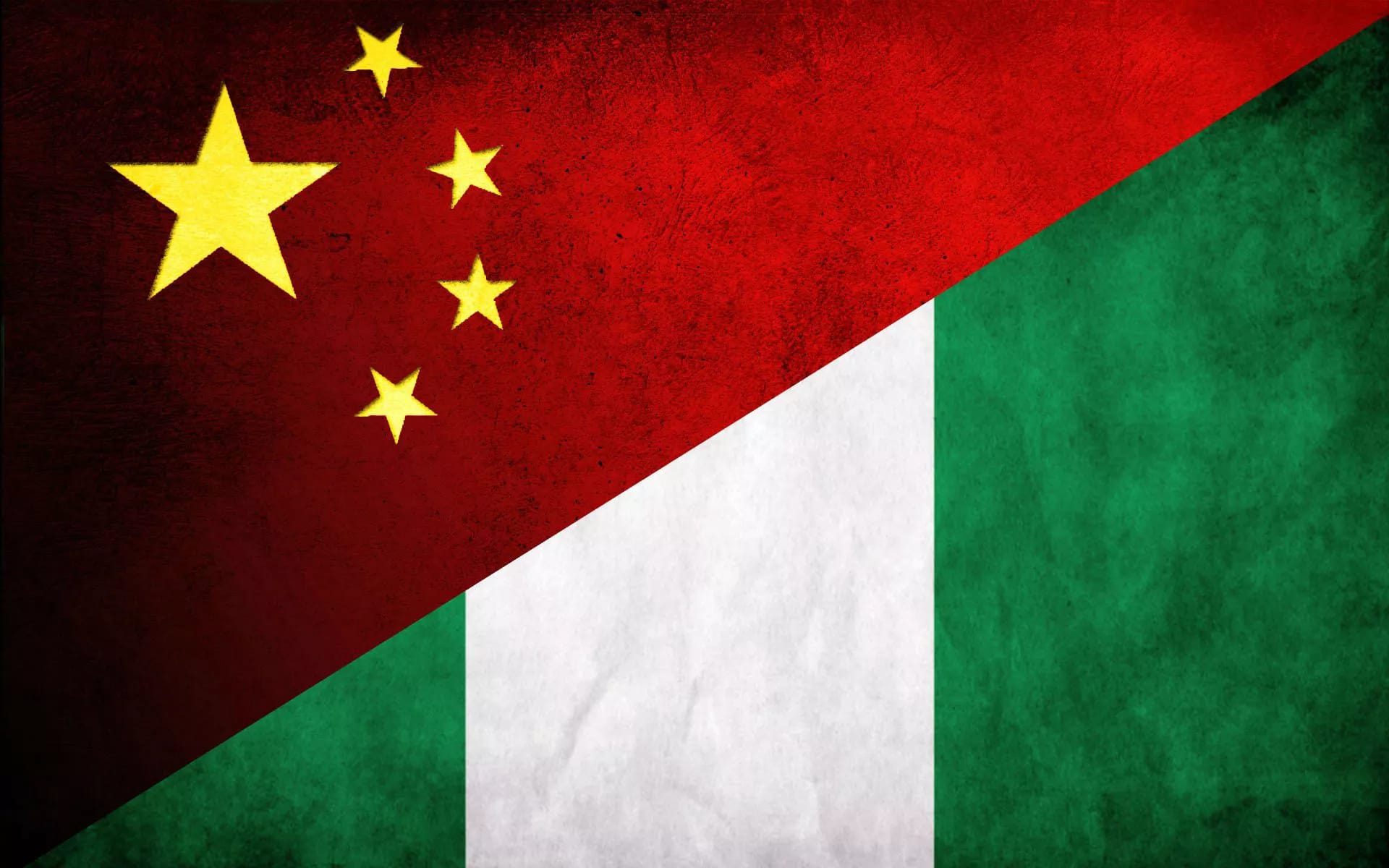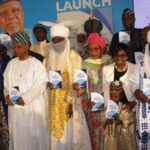While reacting to allegations of financial irregularities in both the Economic and Financial Crimes Commission (EFCC) and the Niger Delta Development Commission (NDDC), President Buhari finally acknowledged that high-level corruption continues unabated because some of his appointees abused his trust.
Perhaps it’s time that, in addition to their untrustworthiness, the president should also worry about their incompetence.
There is serious concern over recent revelations regarding the unwise use of Nigerian sovereign assets as collateral for Chinese loans.
The Minister for Transportation claims he wasn’t aware of a controversial clause contained within the loan agreements which states that “The borrower hereby irrevocably waives any immunity on the grounds of sovereign or otherwise for itself or its property … except for military assets or diplomatic assets”.
Effectively admitting that Nigeria has become a beggar nation, the minister warned that any detailed appraisal of the conditions attached to the loans may discourage the Chinese from granting them!
According to the Debt Management Office (DMO), the national debt was N12.118 trillion as of May 2015. Within five years, it’s more than doubled to over N27 trillion. This administration’s appetite for loans seems insatiable.
In February 2018, they took a $2.5 billion Eurobond loan. In September of 2018, they obtained a $328 loan to improve the telecommunications system.
Subsequent to this, $5.3 billion was borrowed to finance the Ibadan / Kano railway line; $2.36 billion to finance capital projects in the 2020 budget; a further $5.513 billion to finance the revised 2020 budget; and yet another $22.79 billion loan has been approved by the Senate and is pending before the House of Representatives.
All in all, the 9th National Assembly has approved a mind-boggling $28 billion worth of loans within just one year. Furthermore, there are alleged plans to “borrow” an additional N2 trillion from pension funds.
This list is by no means all-inclusive, and Nigerians are left wondering how come the sum total of funds recovered by the EFCC and the much-touted record revenues from Nigeria Customs Service (NCS) and Federal Inland Revenue Service (FIRS) seem not to have reduced this administration’s appetite for borrowing from China.
Nigerians aren’t fond of Chinese people who routinely maltreat Africans resident in their country.
Even worse, Chinese nationals living in Nigeria enjoy privileges denied Nigerians. Guarded by soldiers or mobile policemen, they engage in assorted illegal ventures and routinely mistreat their workers.
Even if widespread racism amongst individual Chinese citizens is ignored, the federal government should still reject Chinese loans because they do relatively little to enhance the economy.
Infrastructure loans are the simple method adopted by the Chinese government to give major contracts to Chinese companies at the expense of African nations.
The pre-condition that only Chinese companies execute the contracts means the funds will majorly be repatriated to China and have only minimal impact on the Nigerian economy.
If care isn’t taken, Nigeria may be heading in the direction of Zambia whose government defaulted in repayment of “favourable low interest loans” from China.
As a result, the Lusaka International Airport in the Zambian capital has been taken over by Chinese EXIM Bank as well as the Zambian State-owned TV and Radio Station, ZNBC, and the ZESCO national power plant.
The fear of China taking over national assets throughout Africa is real. They have also taken over exclusive fishing rights in Somalia, the Entebbe Airport in Uganda, Kenya’s largest port, most of the power plants in South Africa and the farming rights in five African countries.
Sierra Leone’s new president cancelled a $400 million Chinese funded project to construct a new airport in the country. He heeded warnings from the International Monetary Fund (IMF) that the repayment burden would be too much for the nation.
Disregarding the experience of other African nations, the federal government has taken more than $5 billion in loans from China over the last three years in order to finance the Abuja Urban Rail system; the Abuja-Kaduna, Lagos-Kano and Lagos-Ibadan Railways; the upgrading of airport terminals; the Zungeru Hydroelectric Power Project, and a fibre optic cables network.
With practically every economy in the world shrinking as a result of the COVID-19 pandemic, there is little hope of imminent economic recovery to facilitate loan repayments.
The DMO’s claim that “the possibility of take-over of assets by the Chinese does not exist” is hogwash.
The truth is that the Chinese know there is little hope of African nations repaying their loans as and at when due, and their alleged plan is to own African infrastructure rather than shrink their economy.
Although it’s true that provision has been made for debt servicing in the budget, it’s also true that Nigeria’s budget is to a large degree funded by loans in the first place. In effect the nation is borrowing to repay its debts.
It’s lamentable that China is re-colonising Africa by appealing to unawareness and selfish interests of African leaders.
It is an anathema in Nigerian custom and tradition to leave debt for your children; how comes government feels no compunction in mortgaging the nation’s future to China?

 Join Daily Trust WhatsApp Community For Quick Access To News and Happenings Around You.
Join Daily Trust WhatsApp Community For Quick Access To News and Happenings Around You.


